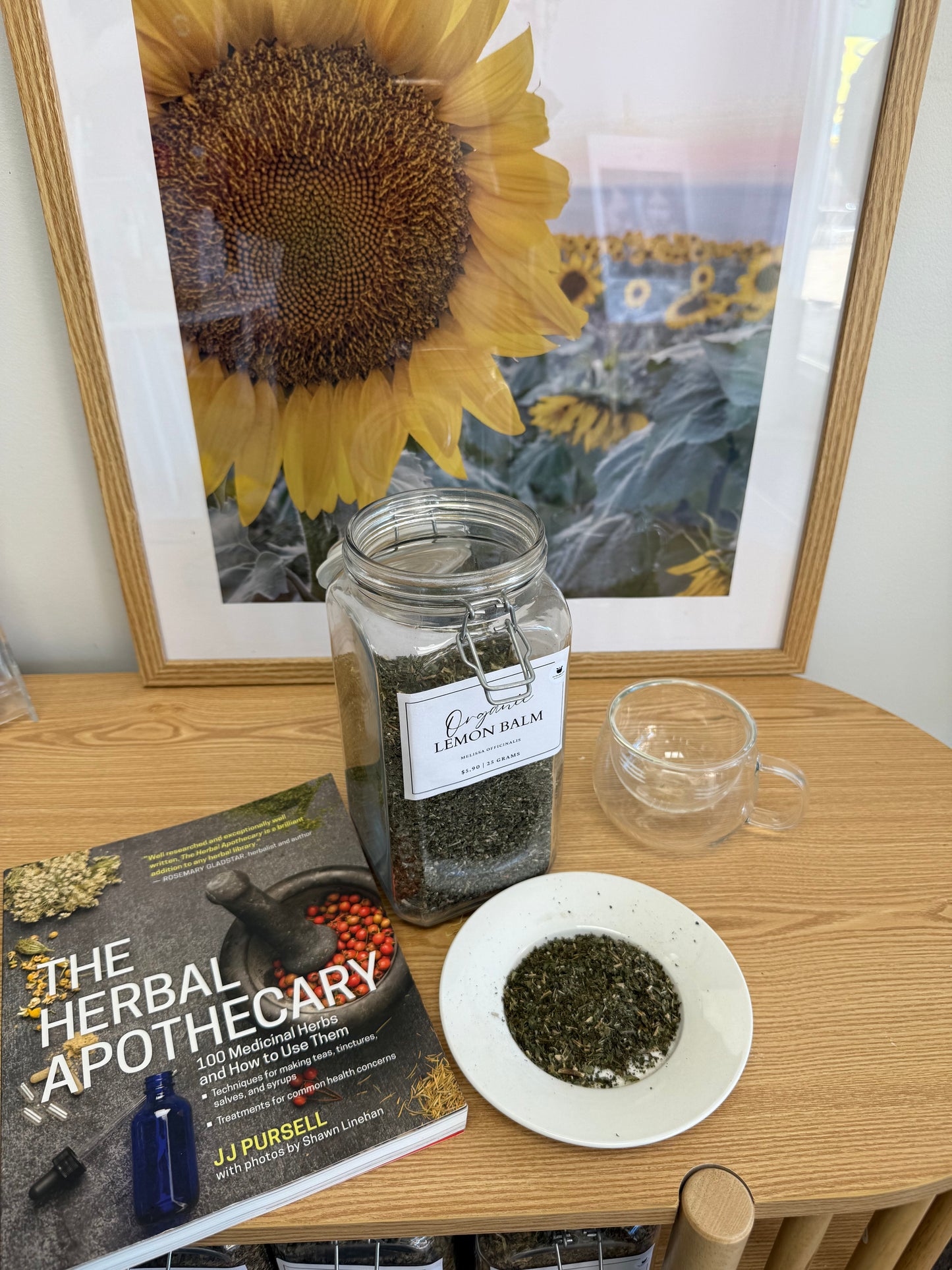1
/
of
2
Claridges Botanicals
TWS Lemon Balm Org 25gm
TWS Lemon Balm Org 25gm
Regular price
$7.90 NZD
Regular price
Sale price
$7.90 NZD
Unit price
/
per
Shipping calculated at checkout.
Couldn't load pickup availability




